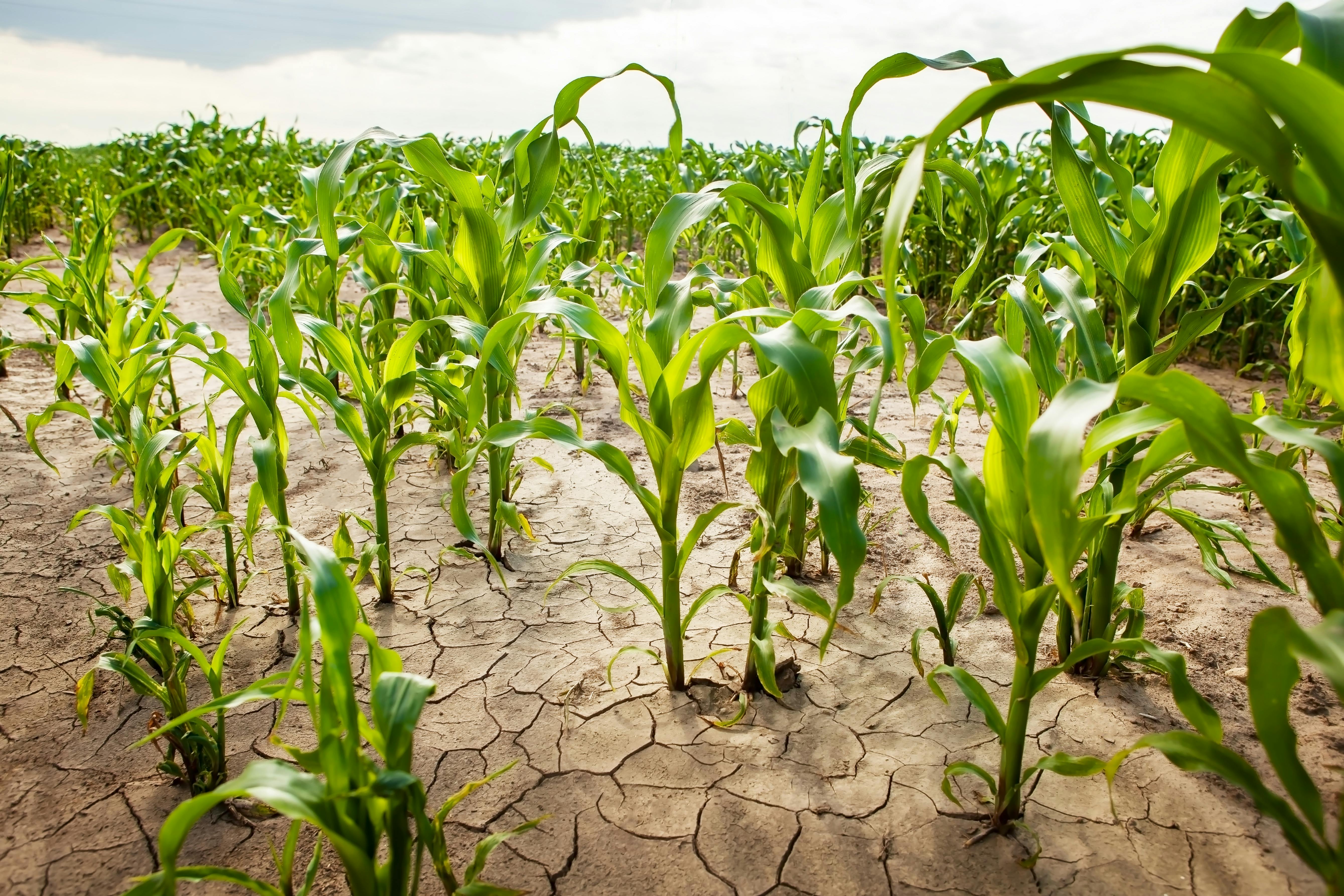

Unpredictable Climates: A Growing Concern for Farmers
Farming has always come with weather risk – but now, the odds are stacked higher than ever. According to AEM’s 2025 report on Agricultural Weather Challenges, drought has emerged as a leading threat to global food productions, impacting roughly 80% of farmers worldwide. Staying afloat in this new era of climate change has become the challenge of the century for farmers.
The stakes are real: nearly half of surveyed farmers worldwide lost over $10,000 in profits last year alone. In Canada, the alarm bells are ringing louder: 67% of Canadian farmers now cite climate change as a top concern – double the number from just two years ago.
Farming Viability: Resilience is the New Yield
Until now, medium size farming operations kept a risk profile similar to small-scale farming. This is changing. Over three-quarters of small-scale operations lost up to $5,000 last year, showing the progressive challenges farmers now face.
“As climate variability continues to impact global agriculture, farmers’ top priority is to ensure their crops make it to harvest,” says Dr. Holly Little, Director of Research and Development at Acadian Plant Health. “Crop resilience has become the new measure of successful yield.”
"Crop resilience has become the new measure of successful yield"
-Dr. Holly Little

Farming Viability: Resilience is the New Yield
As farmers struggle adapting to the demands of climate change, Acadian’s new Abiotic Stress Management (ASM) portfolio represents a pivotal turning point. Setting a benchmark in biostimulants, ASM compliments existing agricultural practices to foster crop resilience.
Built upon Acadian’s innovative biostimulants, ASM’s formulation integrates an additional active ingredient to amplify stress resistance. This enables crops to withstand an array of harsh growing conditions, such as drought, heat, and salinity.
Trials on corn and soybeans put ASM’s capabilities to the test. These crops treated with ASM withstood cold, salinity, and drought better than un-treated plants. “Controlled trials show biostimulant treated crops are more resistant to abiotic stress through activation of natural stress resistance pathways within the plants,” says Dr. Little. “The result? Stronger roots, more vigorous growth, and crops resilient to environmental stresses that are becoming far too common.”
A Secure Future: Crop Resilience With ASM
Farming has always been a risky venture, with crop yield at the weather’s mercy. As climate change progressively creates harsher growing conditions, farmers now rely on climate-smart solutions to stay afloat. Innovations, such as Acadian’s Abiotic Stress Management portfolio offer a lifeline by preparing crops to withstand harmful weather events. “It’s like giving crops an umbrella before the storm,” says Dr. Little. While nobody can control the weather, the right tools can help farmers protect their future – one harvest at a time.
Sources
[1] “AEM’s 2025 Agricultural Weather Challenges Report.” pdf, Germantown MD, 2025
[2] “Acadian Plant Health Maize and Soybean Field Trials 2022.” pptx, Nova Scotia CA, 2025
